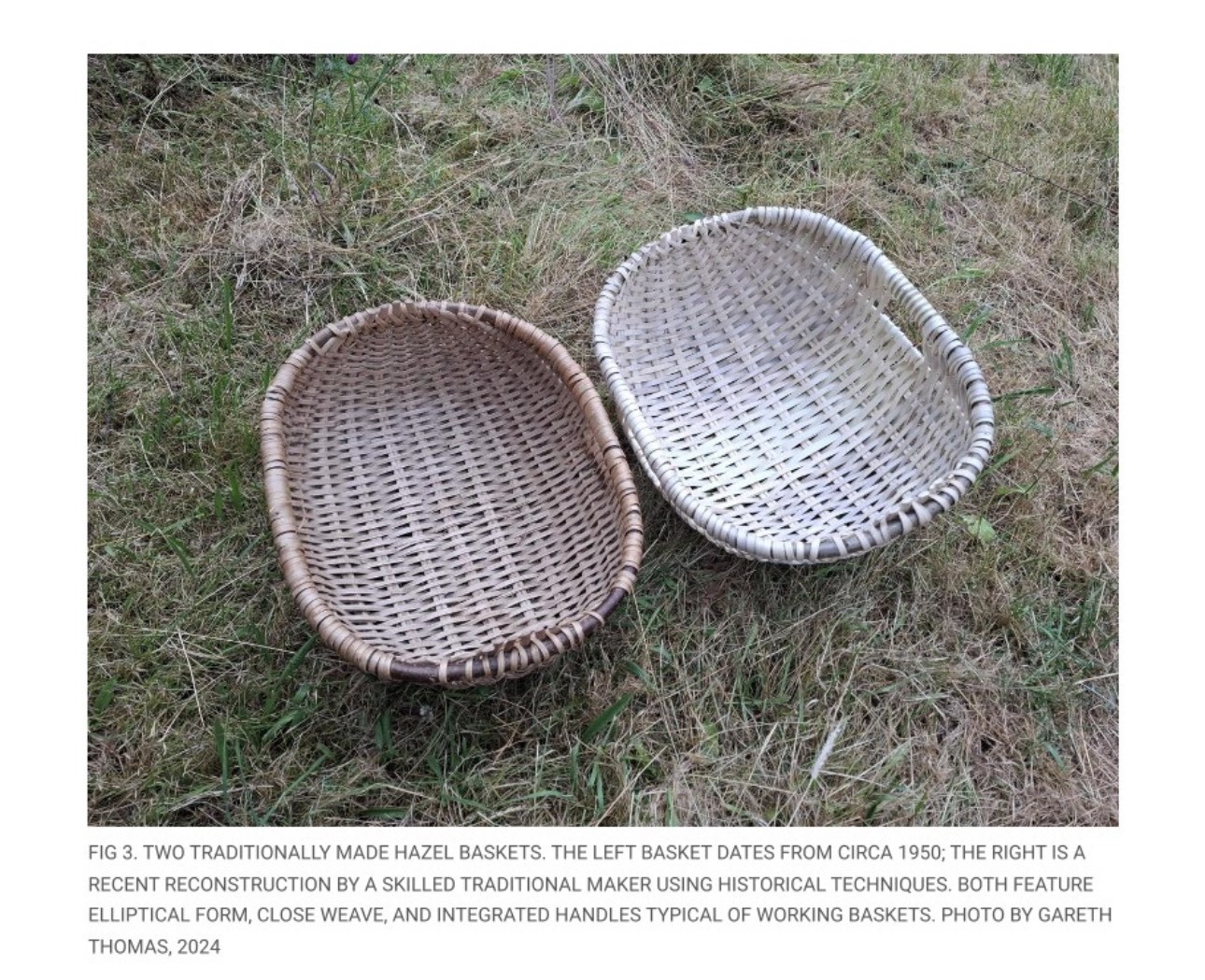
Posted in News on May 12, 2025.

The plenary session of the online Midterm Event for the Belmont Forum’s Climate and Cultural Heritage projects took place on Tuesday 29th April. Sixteen projects were selected for funding by the Belmont Forum, including Coastal TALES. The plenary session comprised Lightning Talks, in which each project had 2 and a half minutes to present their key objectives and progress. Professor Louise Steel, PI for Coastal TALES, shared preliminary results of research in Wales, Alaska (Arizona State University, Old Harbor Museum) and Dublin Bay (Trinity College Dublin). Coastal TALES is exploring how traditional knowledge and practices are being used in northern coastal communities to help deliver innovative, local, place-based solutions to the changing climate.
Collecting stories of Indigenous and traditional knowledges (through ethnographies, oral histories, participant observation), and how these are lived and adapted, lies at the heart of Coastal TALES. In Alaska and Dublin there is a strong intergenerational aspect in the transfer of adaptive knowledge about fishing, associated lifeways and the environment. Community practice underpins the Welsh stories. At Câr y Môr (love of the sea) traditional seafoods are being revived in regenerative ocean farming, in a unique community business model that functions like a self-sustained ecosystem, nourishing biodiversity. The Coraclers tell more worrying stories of declining fish stocks and the imminent loss of sustainable small-scale traditional fishing practices as a result of external regulation and how communities are omitted from policy
The Lightning Talks were followed by a brainstorming session in which the participants from the 16 projects shared keywords representing their research focus. By aligning similar keywords to identify shared interests significant synergies were identified between the projects. Coastal TALES aligned with the themes of narratives and storytelling, Indigenous and traditional knowledges and practices, and climate adaptation. Further discussion will take place in these thematic groups on May 5th and 6th, allowing for in-depth exploration of the topics and providing a significant opportunity for networking and developing future research.




